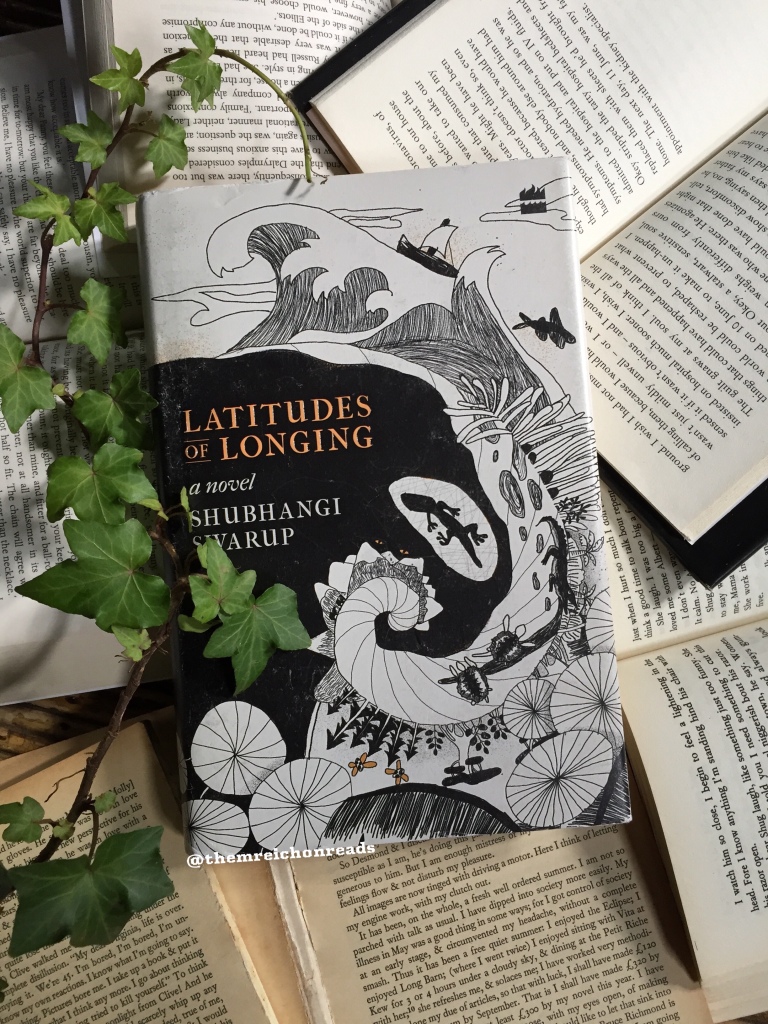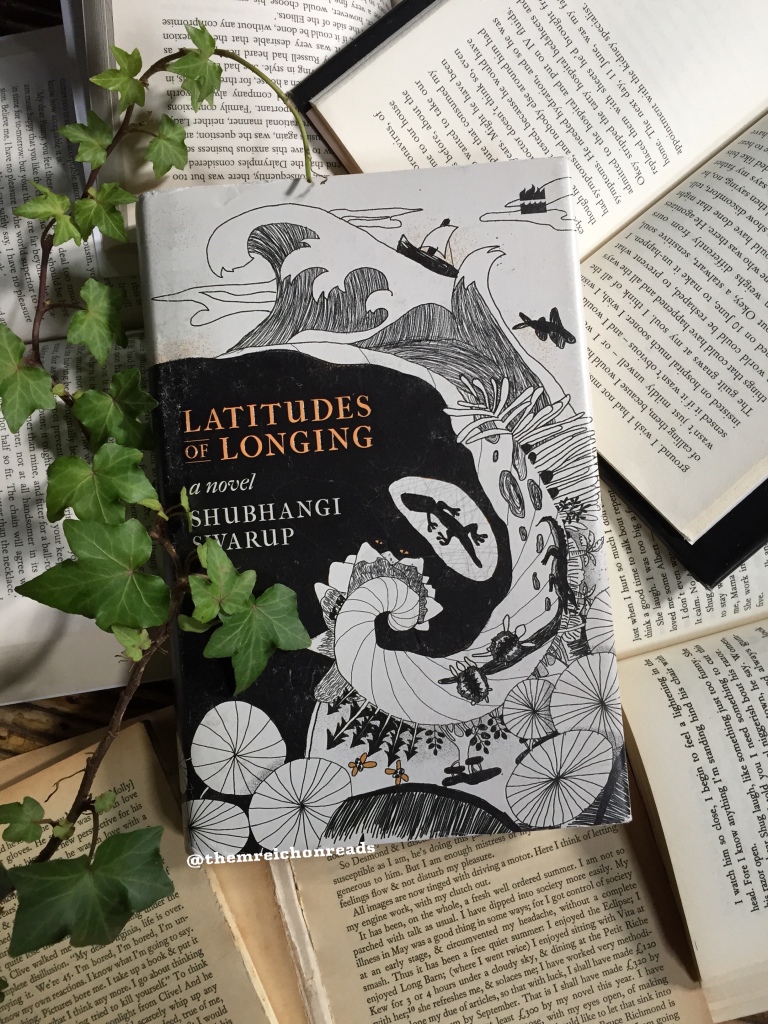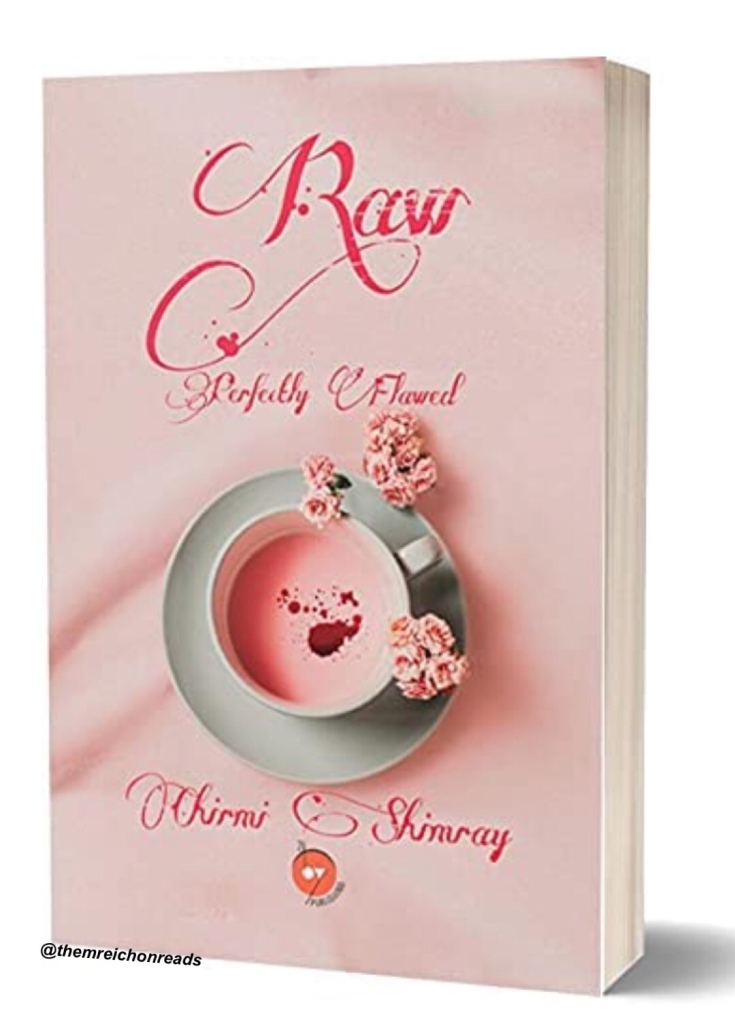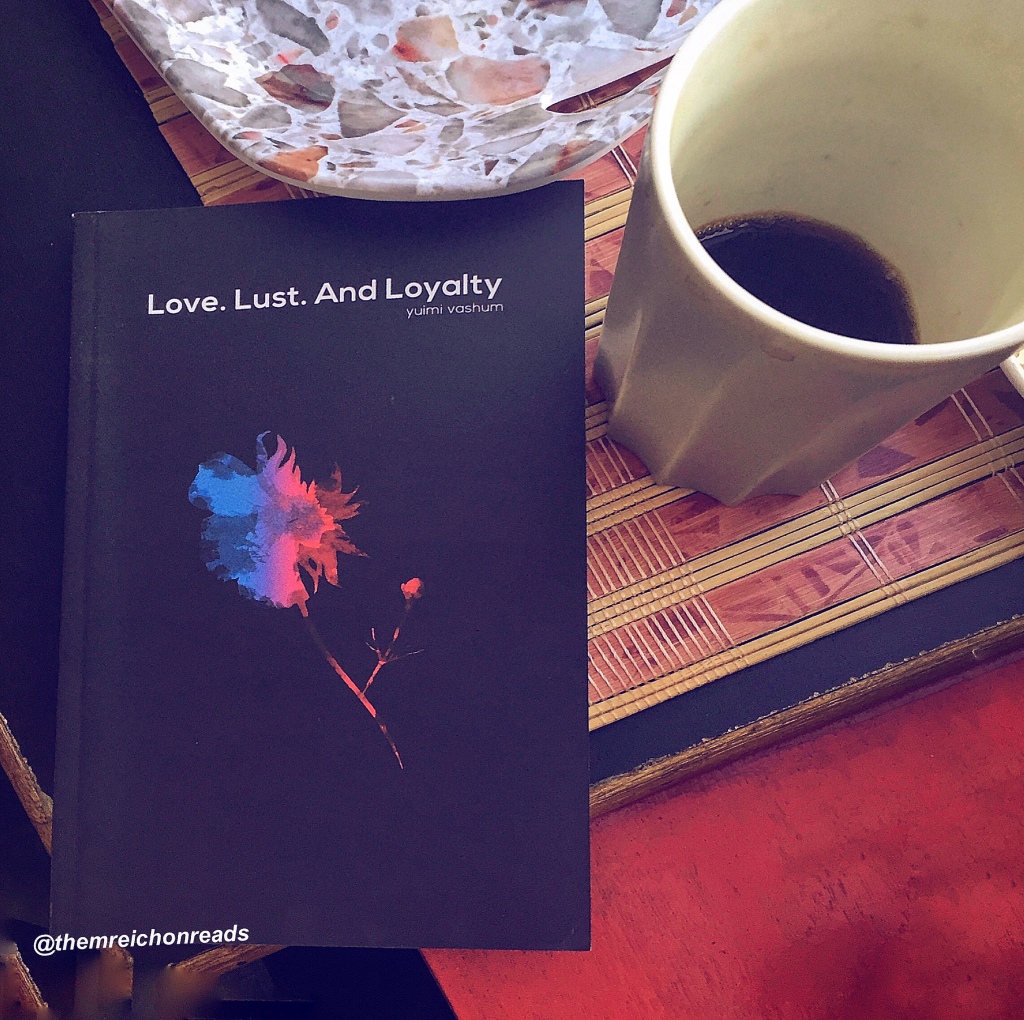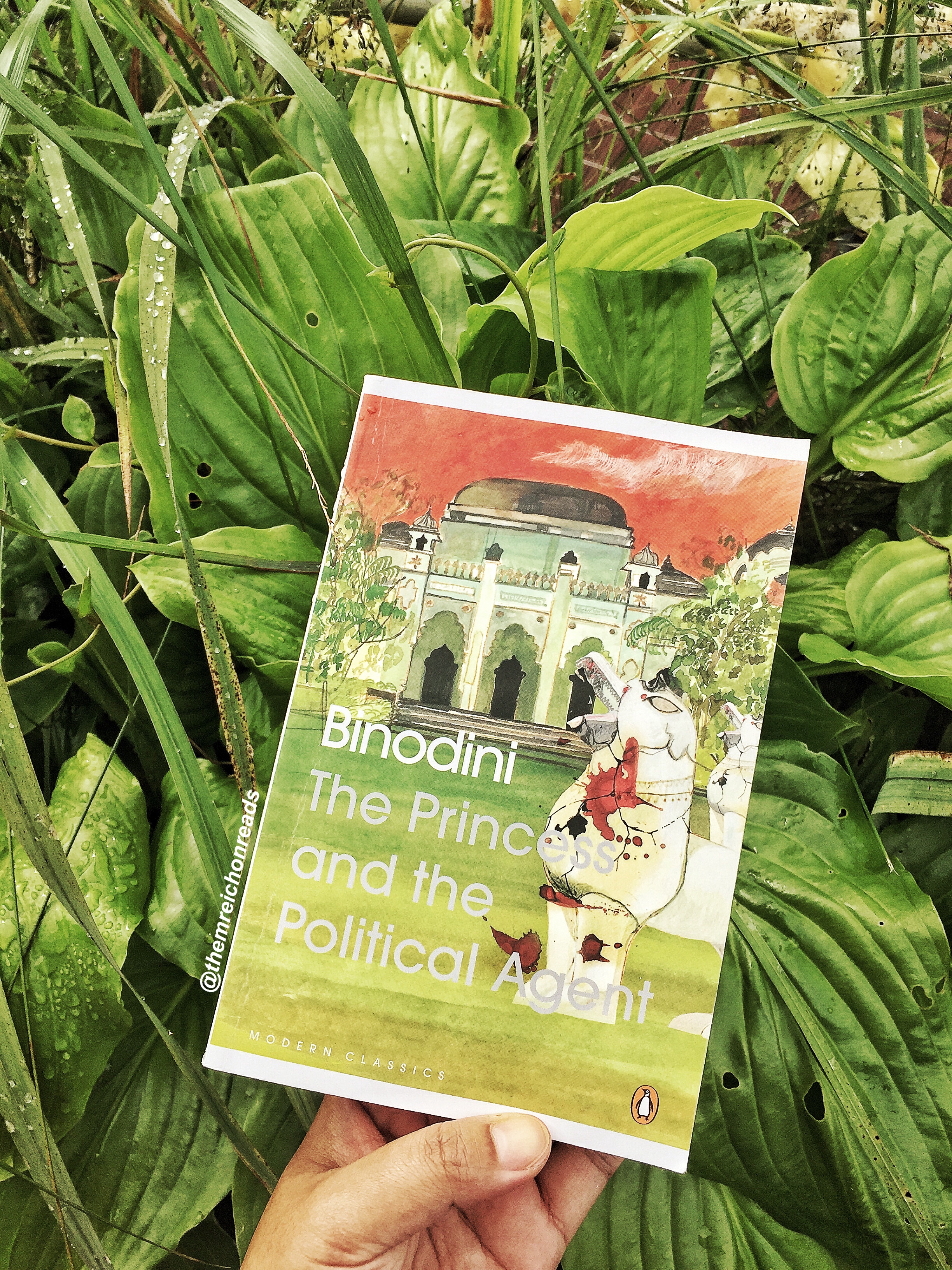
The happiest people are not the ones who achieve the most. They are The ones who spend more time than others in a state of flow.
Judging only by the book cover I had imagined this book to be somewhere in between learning some exotic Japanese art and some easy, calm and soothing enlightenment about happiness. But it is not so! Rather this book draw us to an assortment of art of living topics ranging from the Blue Zones (regions in the world that are home to world’s oldest people. Here the authors talk about Japan’s Okinawa prefecture); Anti-aging secrets like mindfulness, zero stress and eating well; Victor Frankl’s Logotherapy – the psychological philosophy which is founded on the belief that human nature is motivated by the search for a purpose in life; going with the flow theory; longevity ; eternal youth; diet; yoga, tai chi and resilience.
There is nothing wrong with enjoying life’s pleasure as long as they do not take control of your life as you enjoy them
Victor Frankl’s Man’s Search got Meaning is closely related with Ikigai. Ikigai (生きがい) is the Japanese word that is roughly translated into “reason to live”. As rightly mentioned it the book Ikigai is something or that driving force which makes one jump out of bed every morning . In short, a purpose , a meaning in life that drives an individual to go forward.
Ikigai is written by combining symbols that mean “life” with “to be worthwhile” which translates as “the happiness of always being busy”. According to the book there is a passion inside each individual that gives meaning to one’s own life. That is Ikigai. Some have found it but some are yet to find their Ikigai.
Morita explained the idea of letting go of negative feelings with the following fable: A donkey that is tied to a post by a rope will keep walking around the post in an attempt to free itself , only to become more immobilised and attached to the post. The same thing applies to people with obsessive thinking who become more trapped in their own suffering when they try to escape from their fears and discomfort.
Okinawa prefecture of Japan is the island with the most centenarians in the world where there are 24.55 people over the age of 100 for every 100,000 inhabitants. You ask them their secret to longevity and they’ll reply that the simple life in the outdoor is their Ikigai that shapes their lives. Further down the north end of Okinawa the authors discovered Ogimi village which is known as the Village of Longevity. They realised that there was endless cheer and happiness in the Ogimi villagers. They could feel that something more powerful than natural resources was behind their happiness. Rather than harbour animosity towards outsiders these villagers treated everyone like a brother even if they’ve never met them before. These turns out to be one of the secrets to happiness of Ogimi people – feeling like part of a community .
Be led by your curiosity , and keep busy by doing things that fill you with meaning and happiness.
There are several testimonies about the secret to happiness and long life from centenarians in this book. The secrets can be summarised as –
1.Don’t Worry
2. Cultivate good habits
3. Nurture your friendships every day
4. Live and unhurried life
5. Be optimistic
All the testimonies regarding secret to happiness and long life by the centenarians adhere one or the other of the above mentioned points.
The authors talks about finding flow in everything that you do. Discovering the meaning of life and completely immersing into the course of life without any external distractions from surroundings is the means to achieve this flow.
Then there is the longevity diet which simply means being mindful of whatever we take in in our body. The process of eating 80% full and skipping that dessert or taking in more of green leafy vegetables and having body movements everyday . In short keeping oneself busy.
There is no future , no past. There is only present .
In the later part of the book, the authors writes about the techniques that will keep the mind calm and body healthy –
– Yoga
– Taichi
– Radio Tosai
-Meditation
– Qigong
– Shiatsu
The book concludes with resilience and Wabi -Sabi- facing life’s challenges without letting stress and worry age you.
Cultivating an outlook to stay focused on the important things in life rather than what is most urgent , and to keep ourselves from being carried away by negative emotions has become the need to happiness.
Wabi- sabi is a Japanese concept that shows that beauty is fleeting , changeable and imperfect. This concept talked about finding beauty in imperfect and incomplete things. Flawed is perfection.
To sum it all , the secret to happiness and long life simply means communicating with people, worrying less and being mindful of what we eat . It’s an inspiring book although it’s more of a heavy book than light! I would recommend all to read this book to find greater meaning in life.
Let me wrap this up with the ten rules of Ikigai –
1. Stay active, don’t retire.
2. Take it sow.
3. Don’t fill your stomach.
4. Surround yourself with good friends.
5. Get in shape for your next birthday .
6. Smile.
7. Reconnect with nature .
8. Give thanks.
9. Live in the moment.
10. Follow your igikai (the passion inside you).
Publisher – Penguin Random House UK
Year – 2016
Pages- 194
Price- Rupees 499
